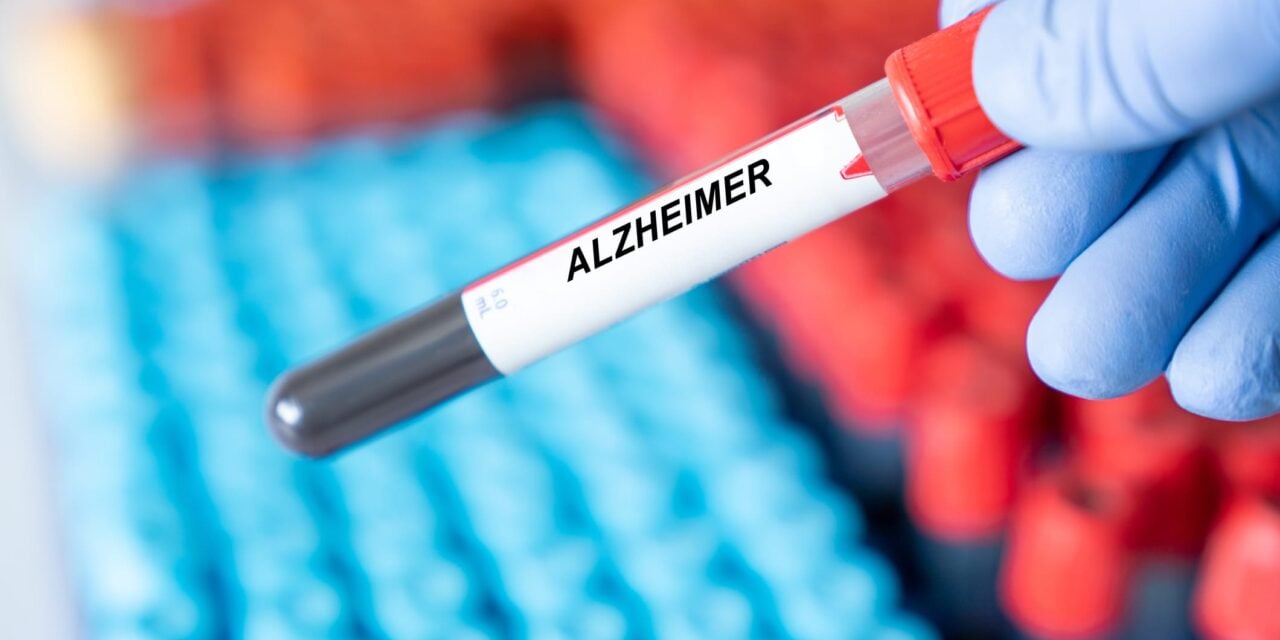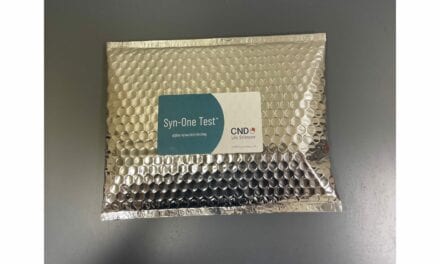ALZpath pTau217 antibody data was included in 37 submissions at AAIC, building on research demonstrating its sensitivity and accuracy in blood-based tests for Alzheimer’s disease.
ALZpath Inc, a developer of diagnostic tools for Alzheimer’s disease, showcased seven presentations and 30 posters at the Alzheimer’s Association International Conference (AAIC) in Toronto, demonstrating scientific evidence of the reliability of ALZpath’s proprietary pTau217 antibody in blood-based assays for early detection of Alzheimer’s disease.
“This growing body of evidence and the incorporation of our pTau217 antibody across leading research and clinical diagnostic platforms affirms the confidence the global Alzheimer’s community has in our product,” says Mike Banville, CEO and president of ALZpath, in a release. “As the field advances toward earlier and more accessible detection of Alzheimer’s disease, we are proud that our antibody is positioned to support a wide array of research and clinical applications across diverse studies and populations.”
Growing Body of Research
Since its inception in 2023, the ALZpath pTau217 antibody has been featured in 90 publications, including 60 original research papers that have generated 34,510 individual data points using assays incorporating ALZpath’s antibody in original research. To date, the antibody has also been featured in 157 posters and presentations at other international scientific conferences.
The 90 publications highlight the widespread use of the ALZpath pTau217 antibody across 18 countries, including the United States, Canada, China, Italy, Korea, South Korea, Spain, and Sweden. Nearly 90% of the original studies involved cohorts larger than 100 participants, while 42% included ethnically and demographically diverse populations. Additionally, eight direct comparison studies have evaluated the ALZpath antibody against other pTau217 antibodies and biomarkers, reinforcing its reliability and clinical relevance.
Notably, ALZpath’s antibody was showcased in one of the largest population-based investigations of Alzheimer’s disease pathology, the HUNT study, led by Anita Sunde of Stavanger University Hospital, and presented at AD/PD 2025. Researchers used ALZpath’s pTau217 assay to analyze 11,486 samples, including nearly 9,000 individuals over 70, to measure the prevalence of Alzheimer’s-related brain changes.
“We congratulate our collaborators on their many achievements, and we look forward to our continued work together to build the future of Alzheimer’s disease diagnostics,” says Banville in a release.
ID 272666856 © Luchschen | Dreamstime.com






Great work on diagnosing, and who is working to prevent it & how?